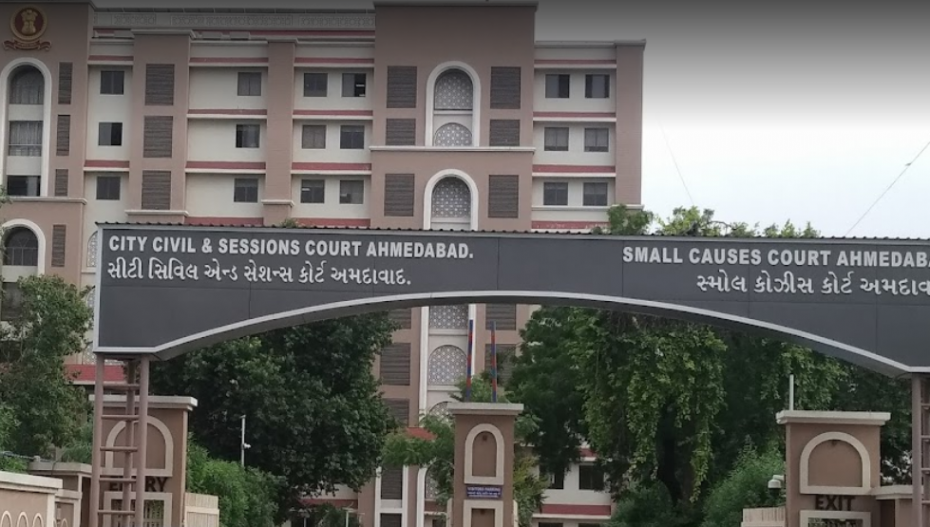After the Special court in Gujarat pronounced a historical judgment giving death sentence to 38 persons, Jamiat Ulama-e-Hind has promised to fight cases of the convicts to save their lives. “Jamiat Ulama-e-Hind will hire noted criminal lawyers of the country to save the accused from hanging and will fight their cases firmly.” a statement from the organization said.
Jamiat Ulama-e-Hind has made it clear that an appeal will be made in the High Court against the conviction of 49 convicts in the 2008 Ahmedabad blasts case. They will be provided the best lawyers.
Reacting to the verdict given by the court, Jamiat Ulama-e-Hind President Maulana Arshad Madani, promised to fight to save the lives of the convicts. “Jamiat Ulama-e-Hind will hire renowned criminal lawyers of the country to save the accused from hanging and will fight their cases firmly, “he said.
Maulana Madani also said that there are many instances in which lower courts had given judgements that higher courts later overturned. Madani said, “A prime example is the case of Akshardham temple attack, in which the trial court had sentenced three persons to death and four to life imprisonment. The Gujarat High Court had also upheld the decision. But when the matter reached the Supreme Court, all these convicts were acquitted with respect.”
For the first time, 38 were hanged together. On February 8, the court found 49 people guilty and acquitted 28 others in the 2008 bombings case. The verdict and punishment came 14 years after the incident. Fifty-six people were killed, and over 200 were injured in the blasts. This is the first time so many convicts have been given the death penalty collectively in the same case.
The lawyers said they would move the Gujarat High Court to appeal against the verdict given to them by a special court. In the matter, 38 persons have been awarded death sentences, and the rest have been sentenced to life imprisonment.
H.M.Shaikh, one of the defence lawyers, said the court should not have passed judgement on the basis of mere circumstantial evidence and statements of some of the convicts. “The judgment is spread over 7,000 pages and is yet to be provided to us,” the lawyer said.
He added that they want to study the verdict and work out their future legal plan. Another defence lawyer, Khalid Shaikh, pleaded for mercy for his clients. “We expected the court to show leniency and give less harsh punishment,” he said.













